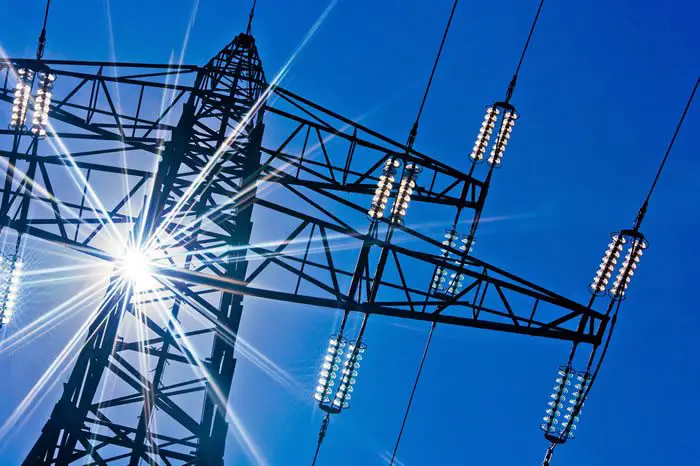The government of the Republic of The Gambia has received US$ 43M worth of funding to support the implementation of its Electricity Restoration and Modernization Project abbreviated as GERMP.
The funds were received from the International Development Association (IDA), a subsidiary of the World Bank Group, through its 18th replenishment “thereby increasing the Bank’s initial financing envelope for the West African country by 20 percent”.
The over US$ 121M project is also financed by the European Union (EU) and the European Investment Bank (EIB).
The Gambia Electricity Restoration and Modernization Project (GERMP)
The Gambia Electricity Restoration and Modernization Project (GERMP) was approved back in 2018. Its main objective is to increase the availability and reliability of solar electricity and improve the transmission and distribution network capacity of the National Water and Electricity Corporation (NAWEC).
Several projects including the installation of four solar photovoltaic power plants with a capacity of 200 MWp are planned in the Greater Banjul area, courtesy of the GERMP. Recently, the NAWEC completed the selection of the project developers through a competitive bidding process, and the Gambian Ministry of Lands together with the Regional Government has already allocated approximately 23 hectares of land for the implementation of the project.
Also Read: Gambia launches tender for 150 MW solar project
In addition to the solar power plant project, the GERMP will also enable the rehabilitation of 17 km of transmission lines and the connection of 20 solar photovoltaic systems with battery storage to the national grid.
Boost to access to water
The GERMP will also improve access to water in the West African country. So far, several projects are underway including the rehabilitation of three water storage tanks w8ithin a period of 48 months.
Upon completion, the GERMP is expected to contribute to the reduction of dependence on imports of expensive and CO2-emitting fossil fuels through the utilization of locally available renewable resources.
It also expected to create sources of income as people could develop skills such as welding and carpentry due to the availability of electricity. Furthermore, it is expected to enable the development of small businesses that depend on electricity to improve their production.

